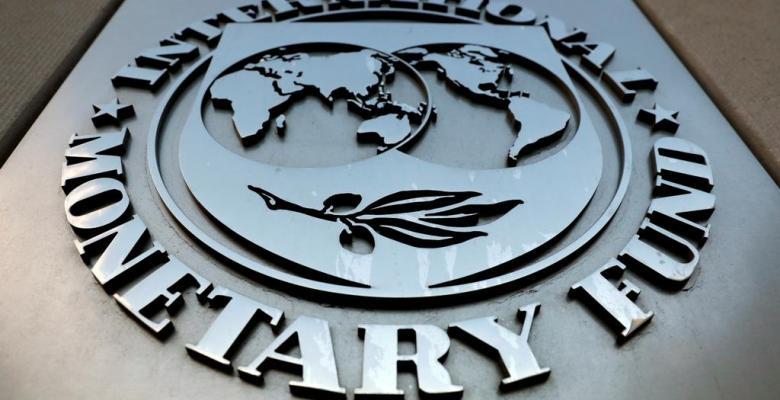Odious Debt: Impossible to pay
especiales

These days, Argentina's President, Alberto Fernández, is maneuvering to seek funding to a government program that could, perhaps, stabilize the country, especially after his predecessor, Mauricio Macri, plunged the country into debt as he ceded his nation to the (IMF), to which are added the financial wastefulness with relatives and friends.
That is why the South American nation is dealing with a huge debt today, which is to last a century at least. Hence, the government is trying hard to offset it with negotiations with the IMF itself so this international agency may re-evaluate it. In the meantime, the government is rising taxes to wealthy people, avoiding exporters of goods —those of food, primarily—, unleash an inflationary spiral detrimental to the Argentine people.
Something similar will happen to the following President of Ecuador on April 11st due to that nation indebtedness, attributable to the multimillionaire loan made by the IMF and the imprudent behavior of the outgoing President Lenín Moreno.
His visceral hatred to Rafael Correa, to whom he should be grateful for his presidency, and his treason to the guidelines of the Citizens’ Revolution, made Moreno to revert all the achievements of previous head of state, who had expelled all delegates of the IMF and the World Bank in Ecuador, after they demanded that all oil resources of the country had to be redirected to the debt service.
And interestingly, one of those World Bank’s delegates traveled to Athens to urge the then Tsipras’ government to accept the restrictions plan with the purpose to validate the “rescue” of the Troika, but instead of pumping money into the Greek economy, chose to save major banks in France and Germany.
Some developed nations have “forgiven” the debts of African countries more than once, all in vain nonetheless, such debt resurfaces because African nations have not the necessary tools to find economic stabilization.
The Solution
In 1985, the leader of the Cuban Revolution, Fidel Castro, warned that not until governments worked together and focused on the underlying causes of the problem, external debts incurred by Latin American countries with American financial institutions would become an everlasting issue, impossible to pay and collect:
“We say that the debt is unpayable for mathematical and economic reasons, but this does not represent a moral judgment of the situation, or a legal, or political appraisal of the problem. We say that the payment of the debt is a political impossibility. No Latin American government is in any condition to implement the IMF measures. None of them. Not even with bullets and blood can they.”
The revolutionary leader raised the need to study the structure and functioning of capitalism globally as well as its impact on the economy of countries in the region, as unfair trading, restrictions, capital flight, the economic stagnation and a heavy dependence, made the debt payment impossible:
“The fact is that it is not easy to pay such amounts. Markets are required, and where are these markets? The IMF tells everyone to export, but what are they going to export? More coffee, more cacao, more sugar, more meat, but not if they are going to get paid less and less. And to whom will they export if protectionism increases daily with trade and nontrade measures affecting an additional country every day?”
After labeling the external debt as a cancer, Fidel called to surgically remove it, totally, and sentenced: “I do not see other way.”
Translated by Sergio A. Paneque Díaz / CubaSí Translation Staff













Add new comment